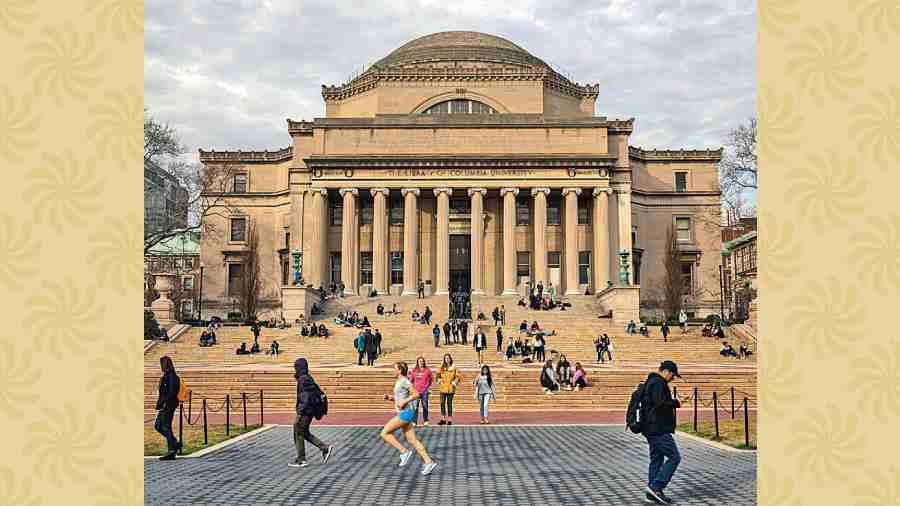Columbia University was demoted from No. 2 to No. 18 in the U.S. News & World Report college rankings in September, about eight months after a Columbia math professor accused the university of fudging key statistics used in the rankings.
U.S. News & World Report likes to say that it is performing a consumer service when it puts out its annual college rankings. But recently, those ratings were again called into question after the publication demoted Columbia University in its newest annual list, after a months-long controversy over whether the school had fudged its numbers.
The drop suggests that the highly influential rankings — which have been criticised for having an outsize influence on college admissions — can be easily manipulated, since they rely on data submitted by the universities that directly benefit from them.
Columbia’s No. 2 status was not questioned until one of its own professors, Michael Thaddeus, in a February blog post, accused the school of submitting statistics that were “inaccurate, dubious or highly misleading”. Last week, the university said in a statement that it had miscalculated some data.
Columbia’s public humiliation raises questions for parents and educational policymakers — can the quality of a college be ranked by a single number, the way critics rate movies with stars? And should students choose where to go to college based on what has become a proxy for prestige?
“The broader lesson everyone should keep in mind is that U.S. News has shown its operations are so shoddy that both the ranks are meaningless,” Thaddeus said. “If any institution can decline from No. 2 to No. 18 in a single year, it just discredits the whole ranking operation.”
U.S. News, which has been rating colleges since 1983, says that given the cost and importance of education, it is ever more important that parents and students have some kind of guide to quality schools.
Some experts say that though the numerical ranking system provides the satisfaction of a snap judgment, it exaggerates the differences among schools, and blurs more nuanced considerations, like whether a college is strong in certain fields or has good support systems and extracurricular activities. And the rankings encourage students to apply to a similar list of schools, regardless of their own personal interests.
“I don’t think there’s any reason that a student going to a school that’s ranked 60 versus one ranked 50 is going to have a meaningful risk for their lives,” said Mushtaq Gunja, a former official in the Obama administration’s Education Department and a senior vice-president at the American Council on Education, which represents universities.
But students often apply to schools that they think will give them a leg up in life, enhancing their prospects for upward mobility, or at least for a satisfying career, solid earnings and the sense of accomplishment that comes with being educated.
The fixation with status that keeps the college rankings organisations — not just U.S. News but others like The Wall Street Journal, Forbes and Washington Monthly — in business may be overblown but it is not irrational, said Colin Diver, former president of Reed College, a rare school that does not participate in the rankings, and former dean of the University of Pennsylvania law school, which does.
“It’s based on a not-irrational premise that you’re more likely not only to get jobs, but you’re more likely to get noticed, you’re more likely to have good connections,” he said. Diver argued that schools are far too complex to be properly reduced to a single number.
Columbia’s downfall began in February, when Thaddeus questioned the accuracy of the university’s data. After originally defending its data, Columbia announced in June that it was withdrawing from the next set of rankings because of the questions raised by Thaddeus. U.S. News in turn announced that it was withdrawing Columbia from the rankings. But U.S. News announced the 2022-23 rankings, with Columbia restored to the list, at No. 18.
Columbia’s new rank was calculated with data from the US Education Department’s National Center for Education Statistics, the peer assessment survey conducted by U.S. News. Where there was no third-party data, U.S. News said, it “assigned competitive set values”.
In the new rankings, Princeton University ranks first, Massachusetts Institute of Technology is second, and Harvard, Yale and Stanford universities are tied for third. Last year, Columbia was second to Princeton and tied with Harvard and MIT.
NYTNS











